Have you ever thought, What differentiates a living organisms from non living organisms? What are the unique set of reactions that distinguishes a living reaction from non-living ones. The basic answer to these questions lies in the fact that different organs of our body perform specific sets of processes that keeps an organism alive. Such processes are known as Life processes. The life processes in living organisms including humans are Nutrition, Respiration, Circulation, and Excretion.
Life Processes
These processes keep happening even while we sleep or are not engaging in any activity. These processes are crucial for every living organism, such as plants and animals. The essential life processes include nutrition, photosynthesis, transportation, metabolism, respiration, reproduction, and excretion.
To keep an organism healthy and ensure its organs function properly, certain vital processes are necessary. These life processes are essential for survival, preventing damage and breakdown of the body systems.
What is Life Processes
All living beings share specific fundamental traits, including respiration, growth, need for nourishment, reproduction, reaction to stimuli, and others, which set them apart from non-living objects. There are essential functions that ensure homeostasis and the correct operation of the body; these are referred to as life processes.
Energy is required for carrying out these processes, which are continuously happening inside the body, even when we’re eating, walking, or sleeping. Let us study about every life processes in this article below.
NUTRITION
Nutrition is the process by which an organism acquires food to provide the energy and nutrients needed for survival. There are two types of nutrition: autotrophic (self-feeding) and heterotrophic (dependent on other organisms for food).
For plants, the process of photosynthesis plays a crucial role in producing food. Stomata, tiny pores on plant leaves, are responsible for the exchange of gases during this process.
THE HUMAN DIGESTIVE SYSTEM
Humans are omnivores, meaning they consume both plant-based and animal-based foods. The process of digestion involves five main stages: ingestion, digestion, absorption, assimilation, and egestion. These stages occur within the alimentary canal.
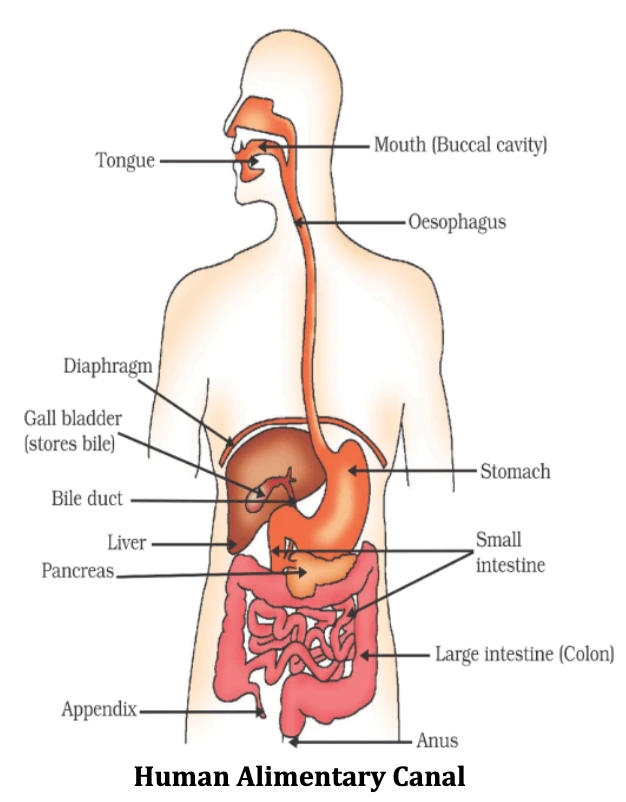
The important tasks performed by different parts of the alimentary canal are:
- The alimentary canal consists of the mouth, oesophagus, stomach, small intestine, and large intestine.
- The mouth is where food enters the digestive system, and teeth help in breaking down food.
- After swallowing, food moves into the oesophagus and reaches the stomach.
- Most digestion and absorption of nutrients occur in the small intestine, while the large intestine houses beneficial bacteria that aid in digestion.
- Enzymes like amylase, pepsin, and bile play a crucial role in breaking down food during digestion.
RESPIRATION
The human respiratory system includes the nose, pharynx, larynx, trachea, bronchi, bronchioles, and alveoli. During aerobic respiration, glucose is converted into energy with the help of oxygen. This process helps fuel the body’s activities.
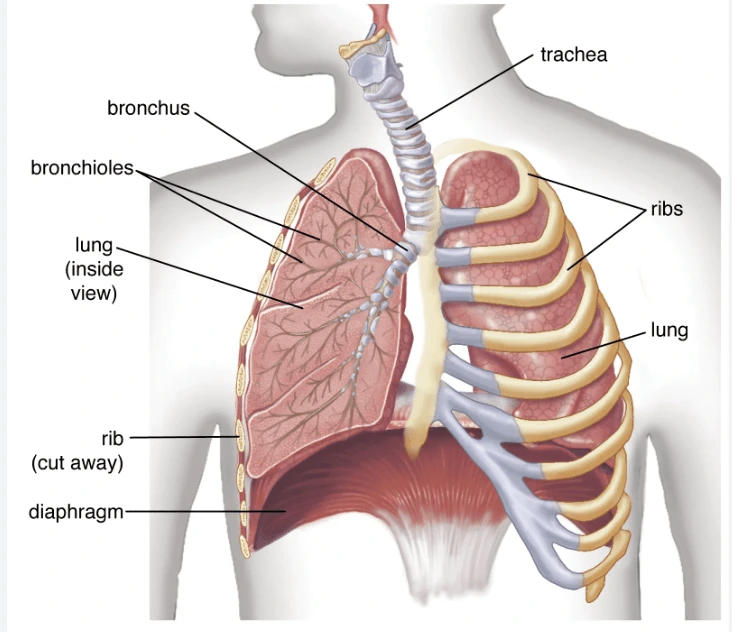
TRANSPORTATION IN HUMANS
Transportation in humans is carried out by the circulatory system, which includes the heart, blood vessels, and blood. This system transports oxygen, nutrients, and removes waste products like carbon dioxide.
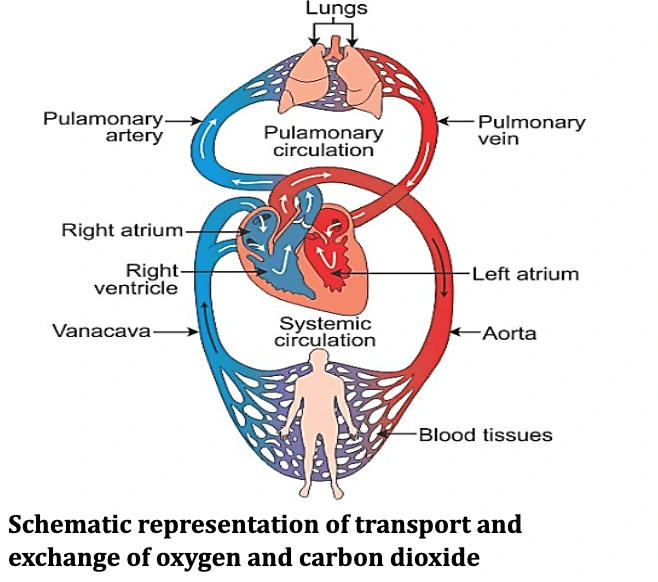
In plants, the transportation of water and necessary nutrients to all parts of the plant is important for its survival.
EXCRETION
Excretion is the process of eliminating waste products produced by metabolic activities. In humans, the kidneys help remove excess water and nitrogenous waste, while plants release oxygen during photosynthesis and carbon dioxide during respiration.
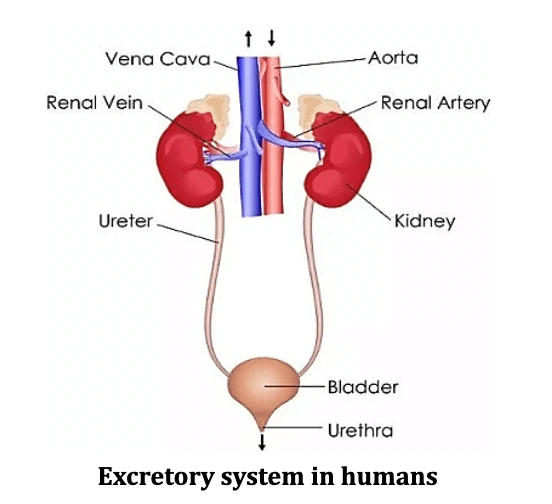
Key Points about Life Processes
- The maintenance of living organisms remains crucial whether they are active, inactive, or asleep.
- The functions that collectively carry out the maintenance of ‘life’ are referred to as life processes.
- Examples of vital life processes include nutrition, respiration, circulation, and excretion.
- In unicellular organisms, a single cell performs all these processes.
- In multicellular organisms, sophisticated systems exist to perform the necessary processes.
Ready to level up your learning? Click on the link below to take the quiz, test your knowledge, earn coins in THE GREAT COIN FEST, and grab a chance to win some awesome prizes! Let’s go!”

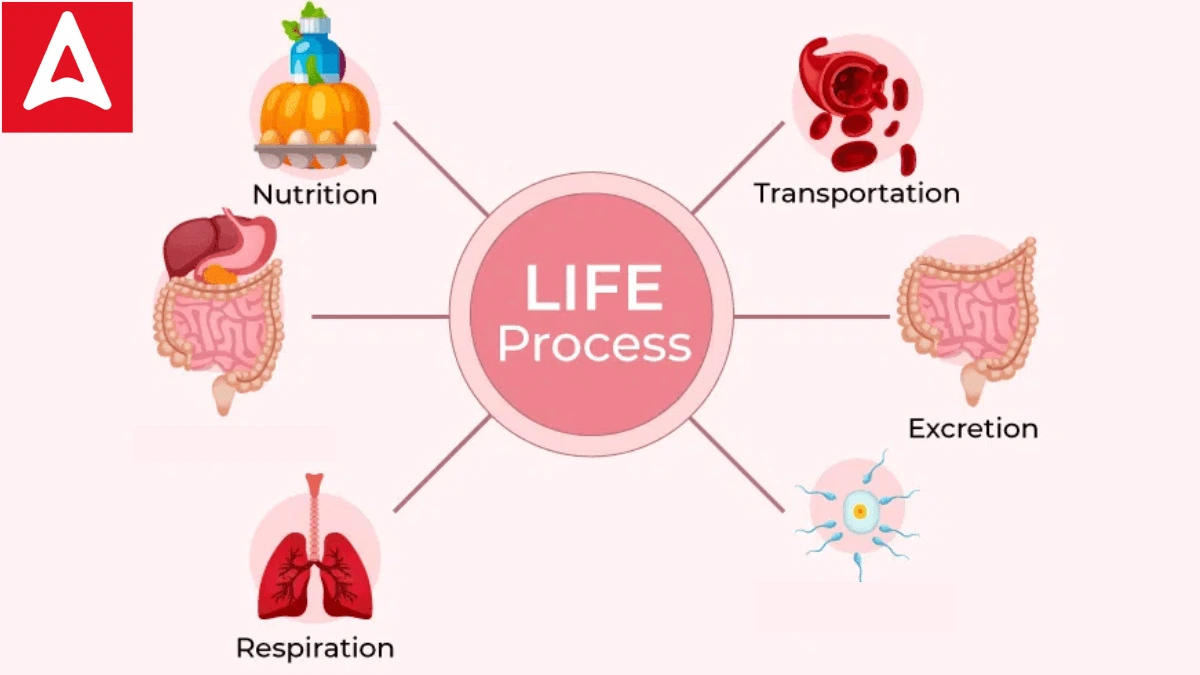


 CBSE Class 12 Biology Viva Questions wit...
CBSE Class 12 Biology Viva Questions wit...
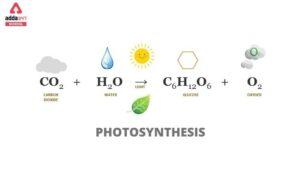 Photosynthesis: Equation, Reaction, Diag...
Photosynthesis: Equation, Reaction, Diag...
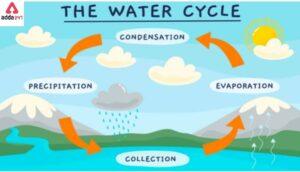 Water Cycle Diagram: Drawing for Kids of...
Water Cycle Diagram: Drawing for Kids of...










